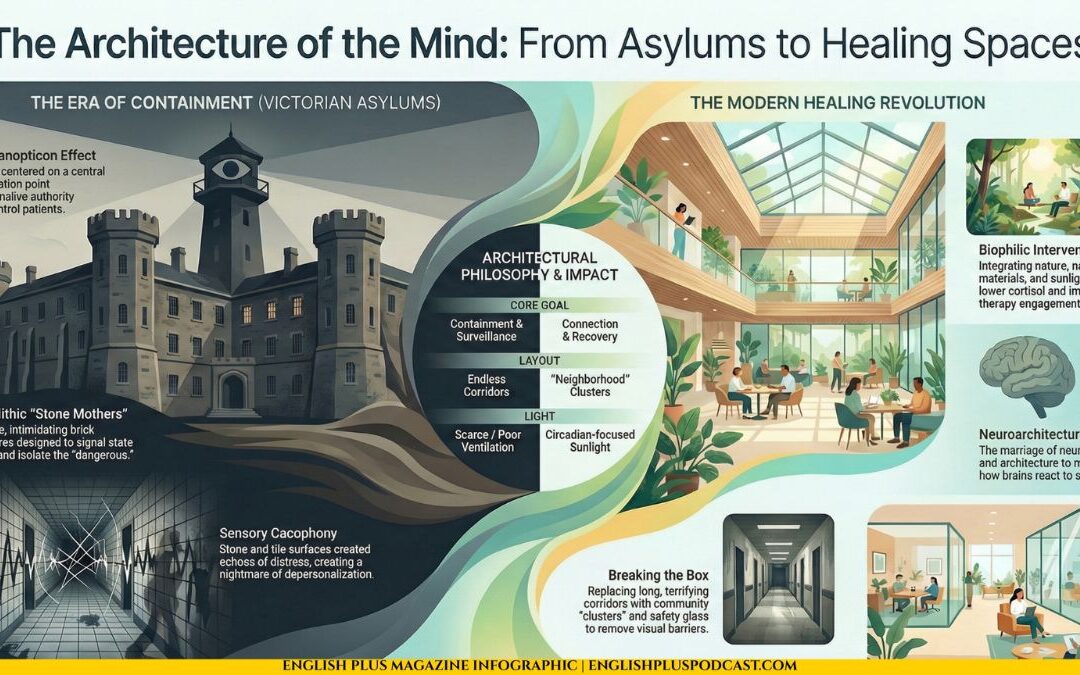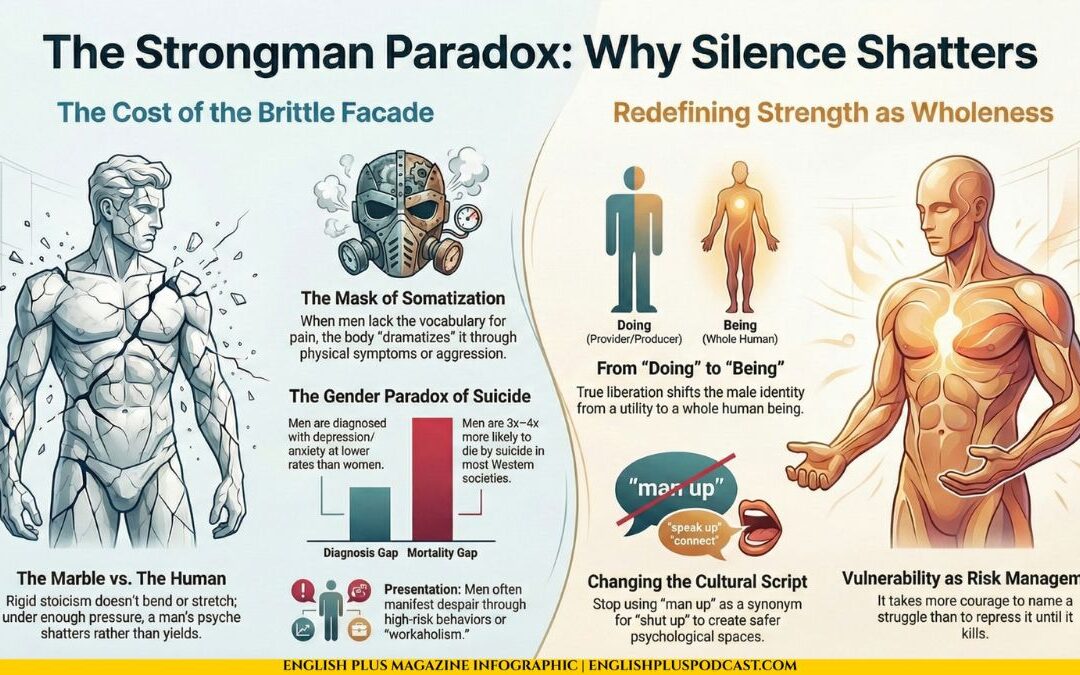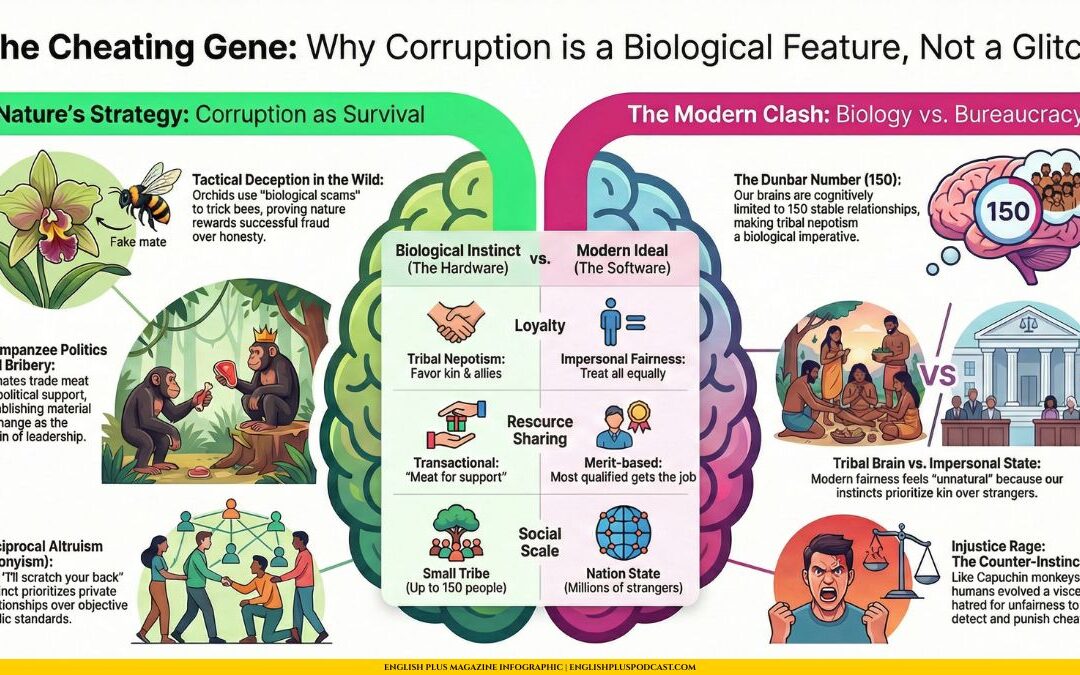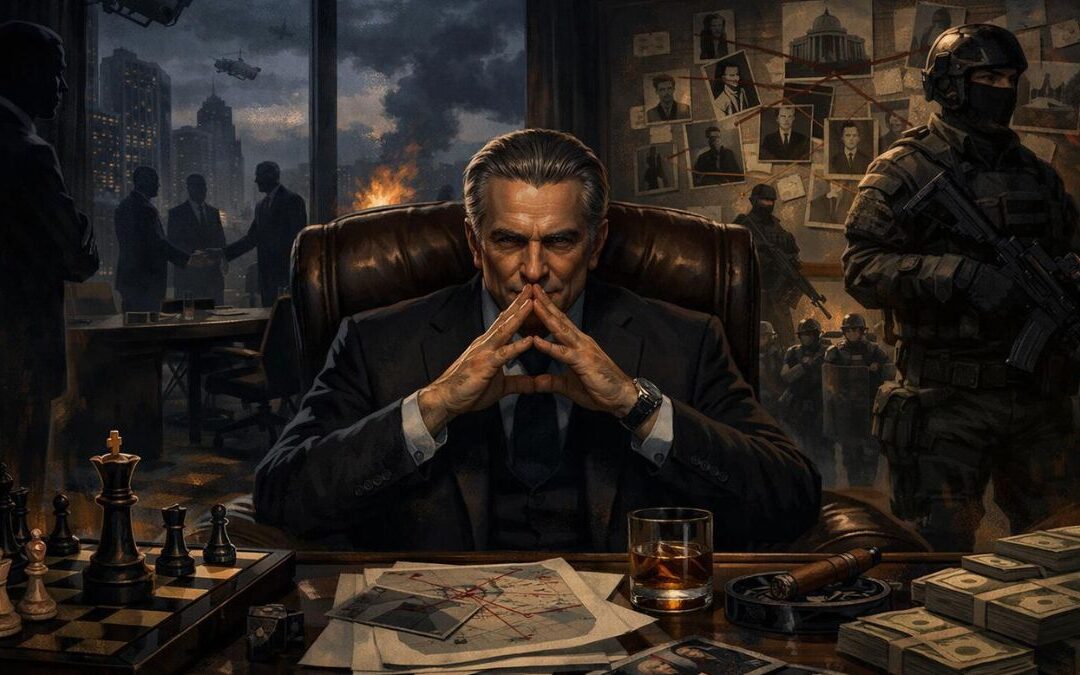Why does disorder always increase? We break down the Laws of Thermodynamics, from energy conservation to the Heat Death of the universe, and why you can never win against entropy.


Why does disorder always increase? We break down the Laws of Thermodynamics, from energy conservation to the Heat Death of the universe, and why you can never win against entropy.

Are you struggling with a hybrid team? We explore Proximity Bias, the death of the watercooler, and why “Asynchronous Communication” is the secret to managing the chaos of the modern workplace.

Ageism is the last acceptable prejudice. We explore the “cult of youth,” workplace discrimination, and the “Silver Economy,” challenging how society devalues the elderly.

Is your company’s “Wellness Wednesday” actually helping, or just a Band-Aid on burnout? We analyze the disconnect between corporate mindfulness perks and the reality of the 80-hour work week.

Trauma doesn’t just damage us; it can transform us. Explore the psychology of Post-Traumatic Growth (PTG), the art of “Kintsugi,” and why bouncing forward is better than bouncing back.

Do buildings make us sick? We explore the shift from Victorian asylums to biophilic design and how urban architecture fuels the modern anxiety epidemic.

Why are men less likely to seek help? We explore the sociology of male silence, the “Strongman” paradox, and the truth behind the mid-life crisis.

Are AI girlfriends the cure for loneliness or the end of human intimacy? We explore the sociology of dating machines, the “Hikikomori” effect, and the redefining of infidelity.

Can AI bring the dead back to life? We explore the ethics of “Thanabots,” the psychology of stalled mourning, and the digital afterlife. Is talking to a digital ghost healing or haunting?

AI isn’t just taking jobs; it’s managing them. Explore the sociology of the “invisible manager,” from the panopticon of warehouses to the gamification of gig work.

Tired of democracy failing you? Try the premium option! A biting, satirical guide to navigating the congressional marketplace, buying influence, and ensuring your “speech” is heard louder than anyone else’s.

What happens when progress destroys tradition? Dive into Danny’s “The Keeper of the Spring” story and analysis for a full summary, character guide, and theme breakdown.

From orchids lying to bees to chimps trading meat for votes, we explore the biological roots of corruption. Is bribery a human flaw or an evolutionary survival strategy?

Discover how the ultra-wealthy consolidate power in Episode 3 of Shadow Games. We explore the Media Monopoly, Regulatory Capture, and the “Too Big to Fail” phenomenon. A deep dive into the mechanics of modern oligarchy.

Did Nero really play music while Rome burned to ash? We dig into the historical evidence to separate fact from fiction and discover why this ancient rumor still shapes our view of power and truth today.

Can suffering actually be good for you? We explore the uncomfortable truth that pain, while unpleasant, is often the secret ingredient for wisdom, resilience, and a truly meaningful life.